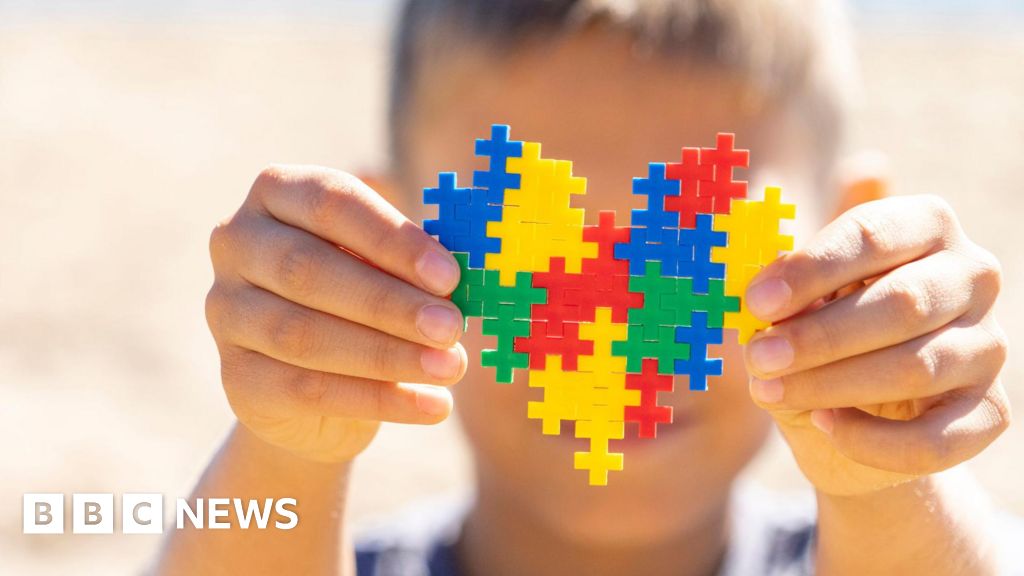In recent decades, the Justice Department has sued several states for unnecessarily confining people with disabilities in places such as state psychiatric hospitals, nursing homes and segregated workspaces.
Such treatment violates a key part of the Americans With Disabilities Act — as affirmed in the 1999 Olmstead decision from the Supreme Court: that people with disabilities have a legal right to receive care at home or in other community settings.
Some states — Delaware and Oregon — addressed the problems after settling with the DOJ. Others have struggled.
Georgia was among the first DOJ targets for an enforcement lawsuit (and coincidentally the home of the two plaintiffs in the Olmstead case, Lois Curtis and Elaine Wilson). In 2010, the state settled the suit by agreeing to an overhaul of its system to support people with developmental disabilities and mental illness.
The state agreed to finish that work in five years. Nearly 15 years later, it’s not done. And that’s putting some of Georgia’s most marginalized people in jeopardy.
People like Lloyd Mills, a 32-year-old with cerebral palsy and autism. He was confined to a small hospital room for more than eight months because the state agency in charge of his care couldn’t find him a suitable community placement. The stay didn’t help him mentally, physically or emotionally, he said.
“The longer it continues, the more you sort of say, ‘Are we serious about solving this problem?’” said Geron Gadd, a senior attorney with the National Health Law Program.
Disability rights advocates note that it took more than a decade to increase some of the rates the state pays disability and mental health service providers, which led companies that offer direct care services and run group homes to shut their doors. When that happens, providers sometimes dump patients at local hospitals.
But even critics say Georgia has come a long way.
State lawmakers have invested nearly $521 million in community services since the start of the settlement — in quick-response teams to help people with mental illness in crisis and Medicaid programs to help people get care at home.
And a federal judge recently released Georgia from several portions of the 2010 settlement for having attained compliance.
There is still work to do. The state agrees it needs to remove more people with developmental disabilities from psychiatric hospitals, deliver better case management to people with mental illness, and provide more housing with mental health supports.
That final goal is the “bedrock” of Georgia’s mental health and disability system, said Susan Walker Goico, with Atlanta Legal Aid. “You have to have a place to live in order to get your services and to stay out of institutions.”
This article is not available for syndication due to republishing restrictions. If you have questions about the availability of this or other content for republication, please contact NewsWeb@kff.org.


